Iranians of all backgrounds have together built Iran, regardless of their personal opinions, religion, or ethnicity. In a series of reports, IranWire looks at prominent personalities from Iran’s ethnic and religious minorities who made major contributions to the country’s progress. If you know of such figures and their services to Iran, you can share it with us by emailing [email protected].
Lily Ayman became known as the “mother of Persian textbooks” but, in the end, she was lucky to leave Iran alive after the Islamic Revolution of 1979.
Ayman (née Ahi), an Iranian Baha’i, a founder of Iran’s Children’s Book Council and a scholar of children’s literature, was born in Tehran on May 17, 1929.
Her father Majid Ahi, a graduate of law and political sciences from Moscow State University, was a statesman and government minister during the Pahlavi monarchy. Her mother, Raisa Duvinskaya, was a Russian who, before moving to Iran to marry Lily’s father, had studied piano and opera singing at the Moscow Conservatory.
Lily Ahi was born in Tehran but also lived in Shiraz for part of her childhood, from 1933 to 1935, after her father was appointed governor of city and attended Mehr-Aeen Kindergarten. Her family returned to Tehran when her father was appointed Minister of Roads. She completed her primary education at Iraj Primary School and then entered Anooshirvan Dadgar High School in Tehran.
In 1942, when Lily was 16, her father was appointed Iranian ambassador to the Soviet Union and the family moved to Moscow. She finished high school in Moscow and studied Russian and French and literature at Moscow University for two years, in 1945 and 1946. But her father fell ill and, because of limitations resulting from the Second World War, the medical facilities and medicines were not available in Moscow and the family had to return to Tehran. Lily’s father nevertheless soon passed away – in the late summer of 1946.
Lily continued her studies at Tehran University’s Faculty of Literature, studying philosophy and pedagogy. In 1949, she translated a book titled Educating Difficult Children from French to Persian, which was published in 1949. From 1948 to 1950, while she was still studying and then after receiving her bachelor’s degree, she taught history and geography at Anooshirvan Dadgar High School for girls.
Lily, then still Ahi, met Iraj Ayman at university, and both later moved to the United Kingdom to continue their studies. They married in London in 1951. Lily had started her postgraduate studies at the University of London’s Institute of Education and she continued them at the University of Edinburgh in Scotland. Her first child, Roya, was born during this period.
In 1954, the Ayman family returned to Iran, and Lily was appointed by the Ministry of Education as co-director of the Center for Professional Guidance at the Department of Planning and Research. That same year, she founded the first summer school for children.
The year after, in 1955, the Ayman family moved to Los Angeles in the United States so that Iraj, who had been granted a scholarship, could take his PhD at the University of California. Their second child, Saba, was born in Los Angeles.
In 1955, Lily and her family returned to Tehran. Lily joined the International Association for the Evaluation of Educational Achievement and the International Committee for the Evaluation of Reading Comprehension, while teaching children’s literature at Tehran University’s Faculty of Educational Sciences.
In 1959, after receiving a grant from the Ford Foundation, Lily went to New York City and, at Columbia University’s Teachers College, studied a course in children’s literature and children’s textbooks which she completed in 1960. While in the US, she became more familiar with American educational institutions and devised the idea that Iran needed an independent institution for children’s literature.
The Children’s Book Council
In 1962, after returning to Tehran, Lily, her close friend Turan Mir-Hadi and several others, including Mahafarid Adamyat, founded the Children’s Book Council in Iran. She served as the secretary of the council’s board of directors from its foundation until 1980. At the same time, she was also a member of the board of directors of the International Board of Books for Young People, a non-profit organization based in Switzerland. For two years, from 1976 to 1978, Lily was the deputy president of this organization.
Some of the services performed by Lily Ayman at the international level include representing Iran at the United Nations Economic and Social Council (UNESCO) seminar to evaluate programs to train teachers (Manilla, Philipines, 1963), representing Iran at UNESCO’s regional seminar on children’s literature (Tehran, 1965), representing Iran at the International Congress of Psychology (Moscow, 1966), serving as technical director at UNESCO’s regional seminar on popular literature (Tehran, 1967), representing Iran at UNESCO’s seminar on literacy (Bangkok, Thailand, 1977), membership of UNESCO’s literacy panel for Asia and the South Pacific (Bangkok, Thailand, 1983), organizing and conducting a training seminar for teachers and parents in Nigeria (1990), organizing and conducting training courses for parents in the Canary Islands (1991), organizing and conducting the regional seminar on literacy programs in Africa (Nairobi, Kenya, 1992), organizing and conducting programs for teaching ethics (Italy, 1993) and a program to teach children to promote peace (Switzerland, 1992).
Lily Ayman was the first and only woman who was selected as a member Iran’s Supreme Education Council, later the Imperial Education Council, which was the highest institution in the country’s educational system. It was during this period when, in 1965, she had her third child, Rama.
In the 1950s, following an international trend to expand the quality and quantity of children’s literature, a similar movement began in Iran thanks to writers and others active in education. The starting point for this movement may have been the cooperation between Lily Ayman, Turan Mir-Hadi and the magazine Sepideh Farda, a publication that paid special attention to children’s literature, which began in 1954. This cooperation culminated in the first Children’s Book Exhibition in 1956. The exhibition was so well received that other exhibitions followed, in 1958 and 1960.
Besides Persian, Lily Ayman was fluent in French, English and Russian, edited and wrote textbooks and was a consultant to the children’s section of the Institute for Translating and Publishing Books. She was the author 39 books and textbooks. She also wrote many articles about children’s literature and their education.
Exile after the Revolution
The Islamic Revolution of 1979 upended the lives of many Iranians and the Ayman family was no exception – especially since they were Baha’is.
Schools in Iran were closed for a time and Lily and Iraj sent their son Rama to live with his sister Saba, in the United States, so that his education would not be interrupted. Then Iraj was arrested while speaking to a group of young people. He was threatened with execution but was eventually released. Iraj had meanwhile been invited to the US to attend a meeting of the International Association for Educational Assessment. He decided to ask for an exit permit so that he and Lily could go for a short trip to the US and visit their children.
The new Islamic government issued an exit permit for Iraj but not for Lily. It took Lily three months to get her own exit permit to join Iraj in America. After she arrived in the US, their friends in Iran told them that both of them had been sentenced to death in absentia and, therefore, they should forget about returning to their country for the time being. Their assets and properties in Iran were also confiscated.
Even in exile, however, Lily Ayman did not forget about the education of Iranian children, many of whom were now scattered around the world following the Revolution. She wrote three books, including a collection of Persian lullabies, nursery rhymes, and games, to be used by young Iranian parents who had been forced to leave their country behind. And for some years she taught Persian at the University of Chicago and continued her cooperation with UNESCO and international charitable organizations.
Lily Ayman (Ahi) passed away at the age 89 on September 7, 2018.




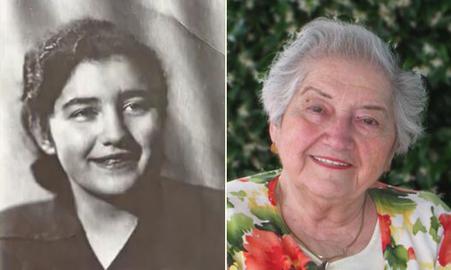




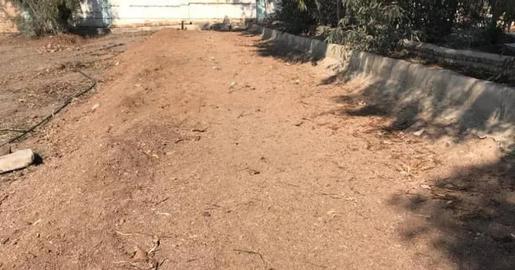
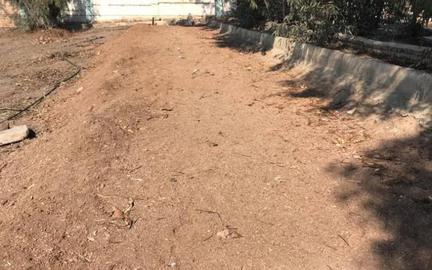

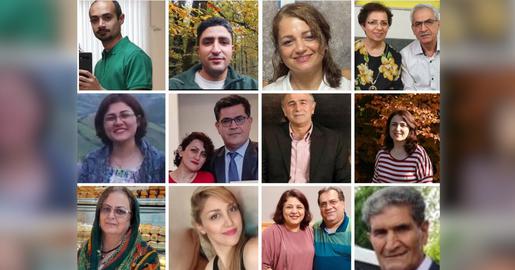
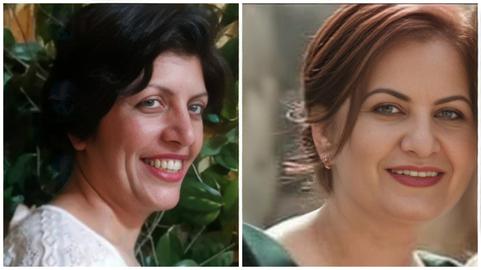

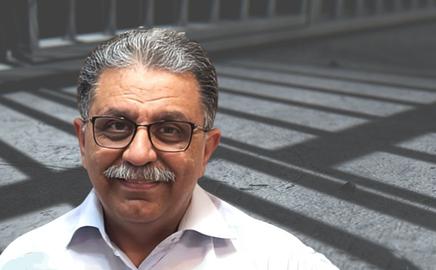






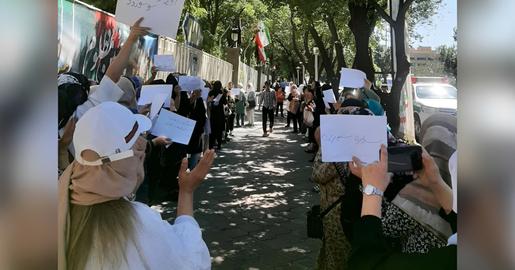



comments